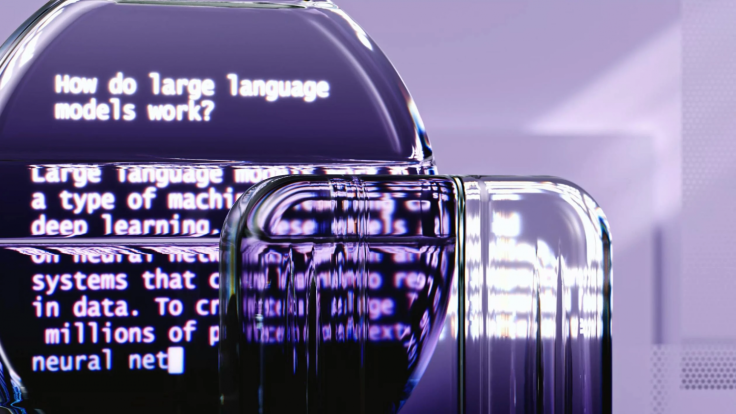In the ever-expanding digital age, artificial intelligence (AI) has emerged as a transformative force across various sectors, including education.
Particularly in the realm of language learning, AI has sparked a revolution, offering innovative solutions to age-old challenges. From personalized tutoring to cultural immersion, AI is reshaping the landscape of language education, paving the way for a more dynamic and inclusive learning experience.

The Rise of AI in Language Instruction
The integration of AI into language instruction marks a paradigm shift in traditional teaching methodologies. Gone are the days of rote memorization and one-size-fits-all curricula. Instead, AI-powered tools like ChatGPT and GPT4-o offer personalized learning experiences tailored to individual student needs. These AI tutors leverage natural language processing and machine learning algorithms to provide real-time feedback, guidance, and support in areas such as writing, speaking, and comprehension.
For Takako Aikawa and her team at MIT, the journey to develop an AI tutor for Japanese writing skills was a testament to the potential of AI in language education. Despite facing setbacks during the pandemic, the emergence of ChatGPT breathed new life into their aspirations. Aikawa's sentiment echoes the optimism shared by language educators worldwide, who view AI as a catalyst for revitalizing language studies in an increasingly interconnected world.
Enhancing Student Engagement and Skill Development
One of the most significant advantages of AI in language education lies in its ability to enhance student engagement and skill development. With AI-powered platforms, students have access to on-demand tutoring and feedback, transcending the limitations of traditional classroom settings. Whether practicing conversations with a language buddy or honing writing skills with an AI tutor, students can immerse themselves in language learning anytime, anywhere.
Institutions like Arizona State University and Purdue University are at the forefront of leveraging AI to enhance language instruction. Programs such as ASU's "language buddies" initiative and Purdue's integration of AI platforms in Spanish courses exemplify the innovative approaches adopted to harness the power of AI in language education. By providing students with personalized learning experiences and fostering a collaborative learning environment, these initiatives aim to equip students with the linguistic skills needed to thrive in a globalized world.
Navigating Challenges and Embracing Opportunities
While the rise of AI in language education brings forth numerous opportunities, it also presents its fair share of challenges. One such challenge is the need to address inherent biases and limitations in AI-powered tools. As Kevin Gaugler from Marist College points out, AI tools predominantly trained on English text may overlook lesser-known languages, perpetuating linguistic inequalities. Moreover, the reliance on AI raises questions about the role of human instructors in language education and the preservation of cultural nuances and societal contexts.
Despite these challenges, the transformative potential of AI in language education cannot be understated. By fostering early exposure to languages, accelerating skill acquisition, and complementing human instruction, AI is revolutionizing the way we learn languages. As educators navigate this new terrain, it is imperative to strike a balance between technological innovation and pedagogical expertise. Organizations like the Modern Language Association are actively engaged in refining best practices for integrating AI into language curricula, ensuring that the future of language education remains both promising and inclusive.
The integration of AI into language education heralds a new era of innovation and opportunity. From personalized tutoring to cultural immersion, AI-powered tools are reshaping the way we learn and interact with languages. While challenges remain, the transformative potential of AI in language education offers a glimpse into a future where linguistic barriers are no longer insurmountable, and cultural exchange flourishes.
© 2025 University Herald, All rights reserved. Do not reproduce without permission.








